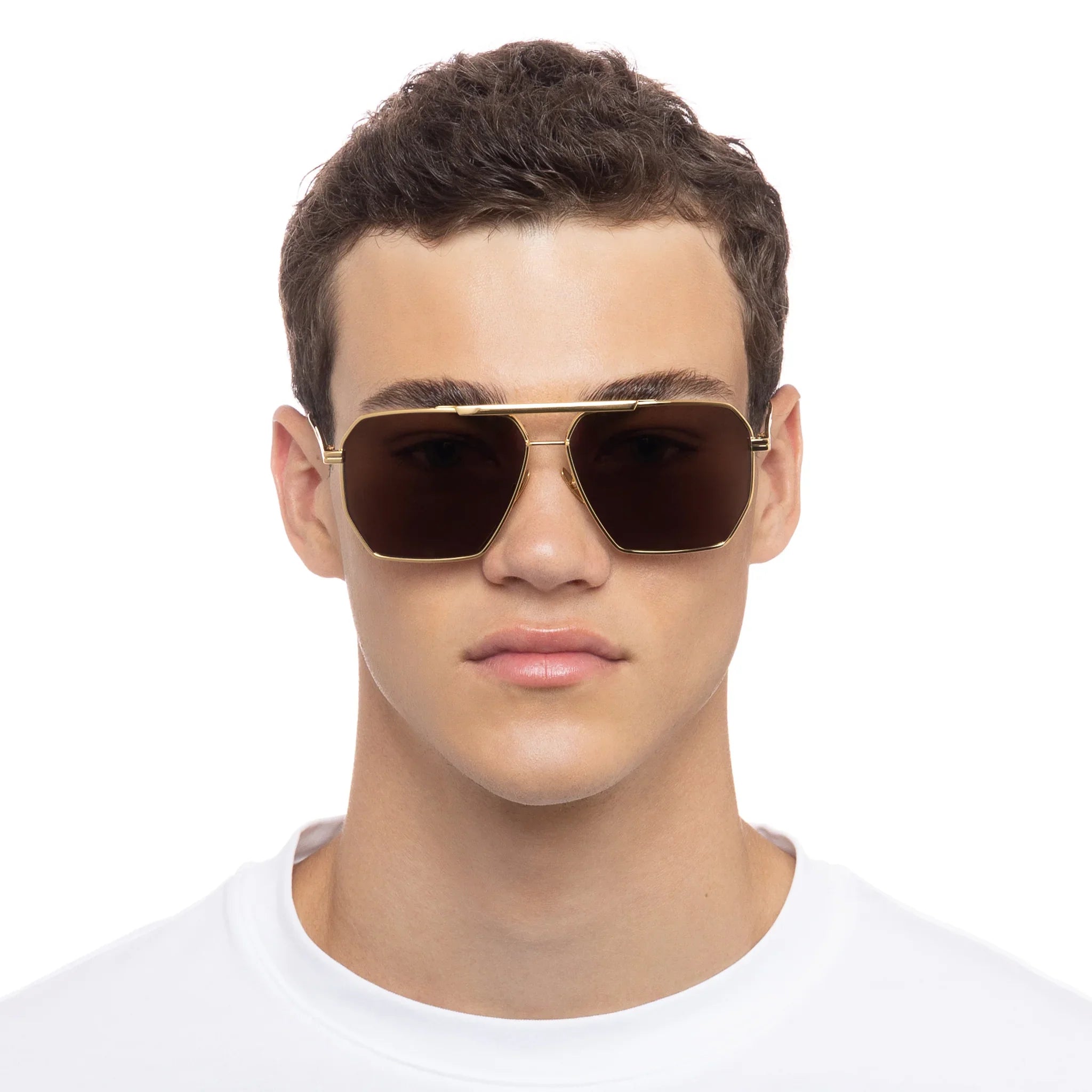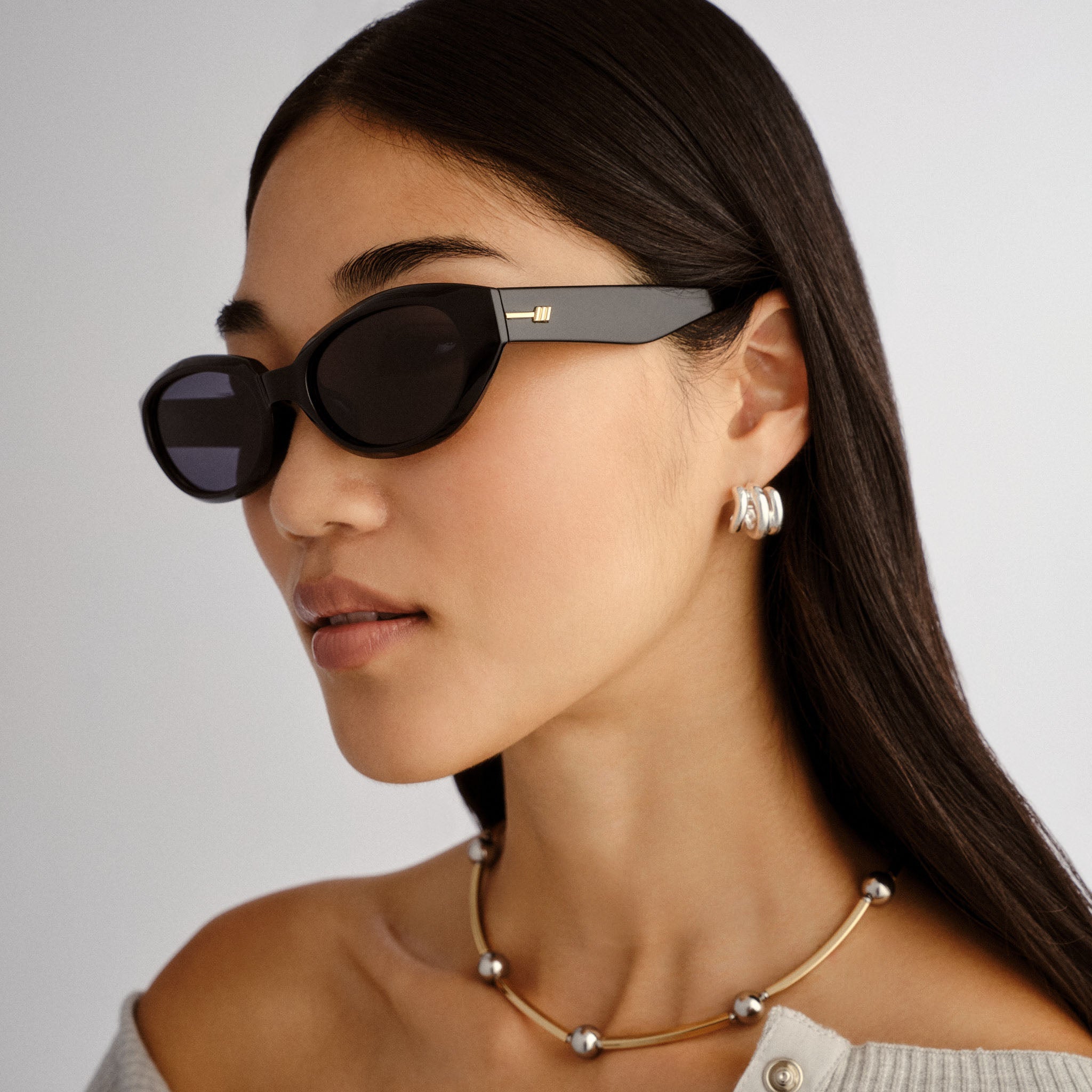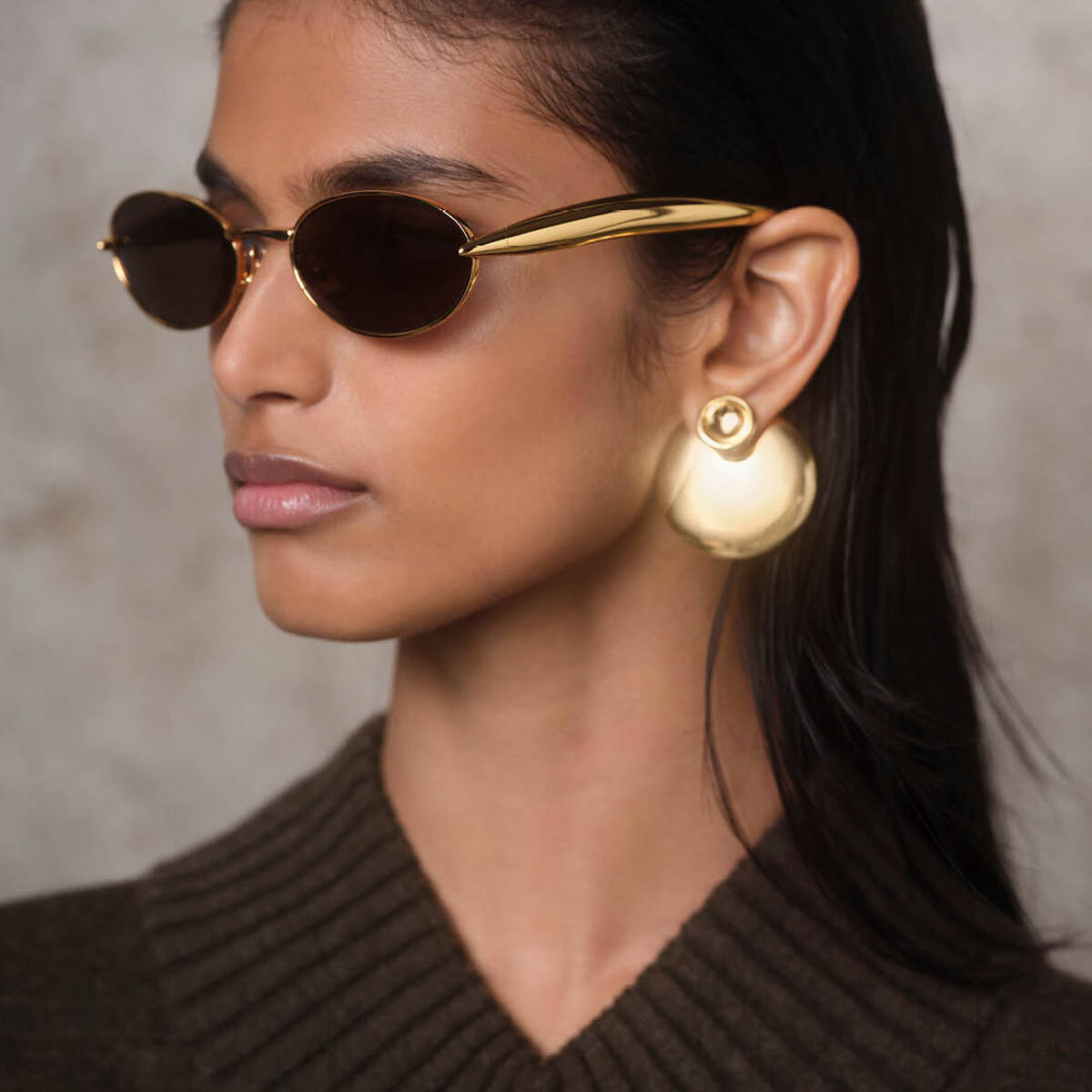Polarized lenses
What Are Polarized Lenses For?
Polarized lenses can improve clarity and reduce eye strain on bright sunny days. This is welcomed news to outdoor enthusiasts who become frustrated and even temporarily blinded by the reflected light and glare of the sun. Having a bright shaft of sunlight hit you directly in the eyes is both annoying and potentially dangerous.
Usually light scatters because it bounces at varying angles off an object’s uneven surface. But if the surface is smooth, as with calm water or a flat piece of sheet metal, light reflects at one angle—such as right in your eyes. This is what we know as glare.
Fortunately, today’s sunglasses—with or without prescription—can be modified with a technique called polarization to reduce light glare and improve vision and safety in the sun.
How Polarized Lenses Work
Polarized lenses have a special chemical applied to them to filter light. The chemical’s molecules are lined up specifically to block some of the light from passing through the lens. Think of it like a miniblind hanging in front of a window. Only light that passes through the blind’s openings can be seen.
On polarized sunglasses, the filter creates vertical openings for light. This means that only light rays that approach your eyes vertically can fit through those openings. The lenses will block out all the horizontal light waves bouncing off a smooth pond or a shiny car hood, for instance.

As a result, the image you see with polarized lenses is a bit darker than usual, but objects look crisper and clearer, and details are easier to see. People who use polarized sunglasses for long stretches of time often say they are less tired than usual after hours of battling sun glare. People who fish, in particular, find polarized sunglasses drastically cut the glare and help them see into the water.

When Not to Use Polarized Glasses
There are a few instances where polarized lenses are not recommended. For instance, you will have difficulty seeing images on LCD (liquid crystal display) screens such as:
- car dashboard controls
- ATM cash machines
- cell phones and some watches
It is important to keep in mind that if your sunglasses are labeled as blocking the sun’s harmful ultraviolet (UV) rays, it does not mean they are polarized too. Polarized lenses will be labeled as such.
To learn more about the benefits and drawbacks of polarized lenses, talk with your eye care provider.
Source: https://www.aao.org/eye-health/glasses-contacts/polarized-lenses – American Academy of Ophthalmology (accessed on 05/02/2021). Written by: Kierstan Boyd, reviewed by: Devin A Harrison MD












